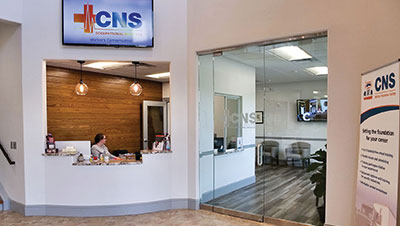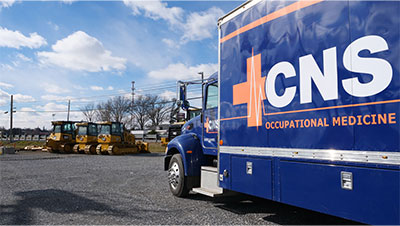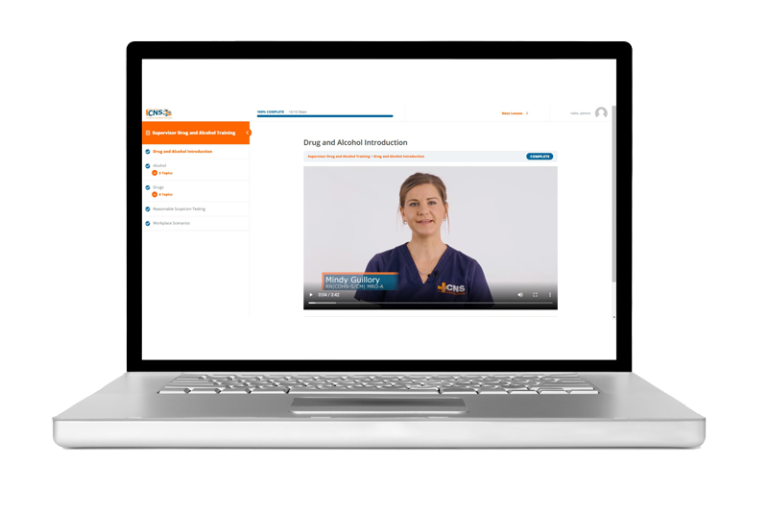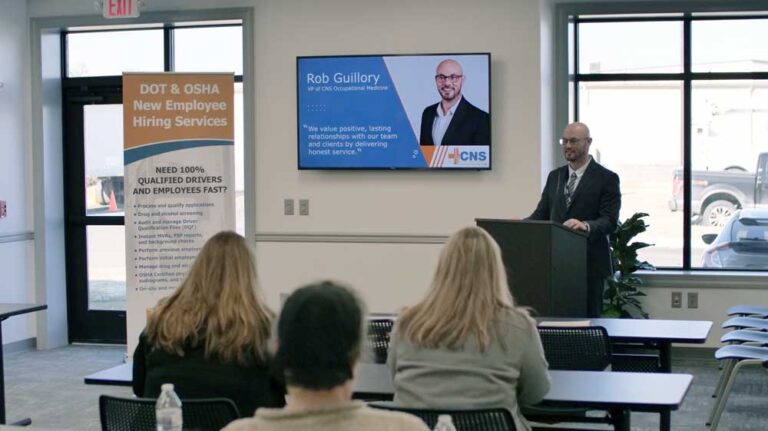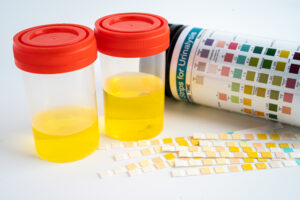The short answer is “no” unless a medical condition exists. The Office of Drug & Alcohol Policy & Compliance (ODAPC) says that fasting is not considered a valid medical condition to cause shy bladder because a person “should be able to produce the DOT minimum 45 mL of urine even when fasting.”
Ramadan is the most important month on the Islamic calendar as it recognizes when the first verses of the Quran were revealed to the Prophet Muhammad.
The holy month of Ramadan 2024 begins at sunset on Sunday, March 10th and ends on Tuesday, April 9th.
In the Muslim culture, those observing the tradition fast (including not drinking water) from dusk until dawn.
From an MRO/drug screening perspective, this small window of time has become very significant.
Let’s understand why and what companies can do for employees who observe this tradition.
Why Ramadan is a unique time for the drug testing industry
When drivers are sent to collection sites in the middle of the day for a drug screen, often they are not able to produce an adequate amount of urine.
Normally, the shy bladder process, follows these steps:
- Donor is provided water to consume: a maximum of 40 ounces distributed over a 3-hour period.
- Donor has up to three hours to provide a specimen of adequate volume and can make as many attempts as needed to provide the specimen.
- No specimens can be combined to make the adequate quantity of 45 ml
- Donor cannot leave the facility until an adequate specimen is provided or the three hours expires.
However, those observing Ramadan cannot drink the water that they are offered by the collection site. If they refuse this water, it is NOT a refusal to test.
It will be considered a REFUSAL if:
- Donor leaves facility prior to providing the 45 ml of specimen for testing or
- Donor leaves facility prior to the three-hour time limit without providing an adequate specimen.
If the three hours expires and the donor has not been able to provide an adequate volume of specimen for testing, DOT regulations allow for the donor to obtain a medical evaluation within five days to determine if there is an acceptable medical reason for not being able to provide a specimen.
For Ramadan observing donors, these cases often end up in a “shy bladder” situation which requires the donor to be seen by and obtain paperwork from a treating physician, which can be a lengthy process and delay drug screen results.
It is also a REFUSAL if:
- Donor does not see this doctor.
What can companies and collection sites do to prevent these delays?
For collection sites, we encourage the employer designated employer representative (DER) to send the donor to the collection site either first thing in the morning (and ask the donor to not void until he/she gets there) or to go later in the evening (as they can drink water after the sun goes down).
Another option is for companies to allow oral fluid testing in cases where urine testing offers some difficulty. This is a simple update to the drug testing policy and making sure your drug testing company can provide this option.
However, under DOT’s regulation, an employer can implement oral fluid testing only AFTER the U.S. Department of Health and Human Services (HHS) certifies at least two laboratories for oral fluid testing, which has not yet been done.
According to February 2024 Federal Register Notice, “At this time, there are no laboratories certified to conduct drug and specimen validity tests on oral fluid specimens.”
The following is a link to HHS-certified laboratories: https://www.samhsa.gov/workplace/drug-testing-resources/certified-lab-list
CNS Occupational Medicine can help with oral testing and customized policy development
Drug testing policies can be complicated and should consider:
- Purpose of the Policy
- Specimen Types
- Testing Procedures
- Prescription Drug Disclosure
- Federal Regulations (DOT)
- State Drug Testing Laws and Marijuana Laws
- Workers’ Compensation
- ADA
- Prohibited Conduct
- Consequences
At CNS, we also offer a comprehensive Drug and Alcohol Consortium Service and are a certified consortium and third-party administrator (C/TPA).
Our experts ensure that all DOT rules and regulations are followed, including the implementation of random drug tests for you and your drivers, updating your company drug testing policies, record retention and document purge management.
For more information, contact us at 800.551.9816 or info@cnsoccmed.com.

